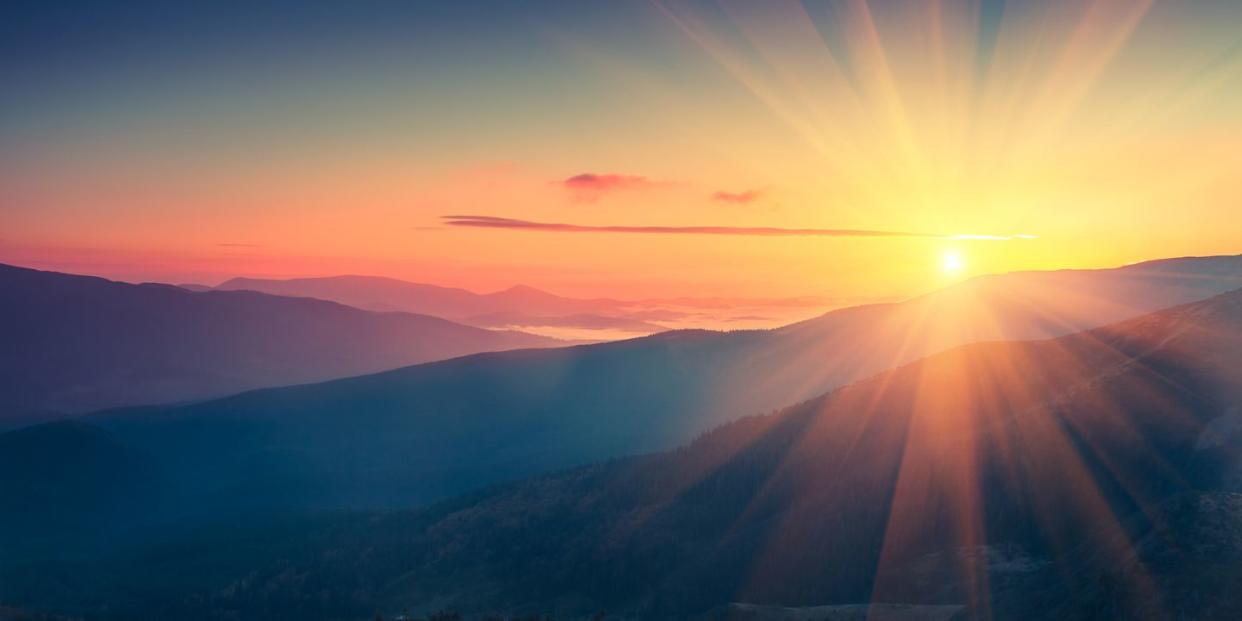Daylight Savings Time Seems to Be Really Bad for Our Health

This Sunday, most Americans will set their clocks forward one hour to mark the beginning of daylight savings time. Yes, we will gain one more hour of precious sunlight, but the time change is also associated with a rise in various health issues-including heart attacks.
According to a study in BMJ, hospitals reported a 24-percent spike in heart attack cases the Monday following the one-hour time adjustment. They also reported a 21-percent reduction in heart attack cases on the Tuesday following the time adjustment in the fall. The data was collected between March 2010 and September 2013.
In 2014, study author Dr. Amneet Sandhu explained the findings to Reuters, pointing out that heart attacks often happen on Monday morning at the start of a new work week-no matter the time of year.
“With daylight saving time, all of this is compounded by one less hour of sleep,” Sandhu told the outlet at the time, adding, “Our study suggests that sudden, even small changes in sleep could have detrimental effects.
Matthew Walker, sleep expert and author of How We Sleep, told Business Insider the human body simply isn't built for these kinds of time adjustments.
“That's how fragile and susceptible your body is to even just one hour of lost sleep," Walker said.
Heart attacks aren't the only ailment that seem to be affected by daylight savings. As IFL Science reported, transitioning to daylight savings time is associated with road traffic accidents, workplace injuries, poor mood, and reduced efficiency. Business Insider pointed to more research that shows people are also more likely to suffer a stroke, and daylight savings may even lead to an increase in suicides.
According to a reported in the American Economic Journal, people who are able to sleep through the daylight savings transition will likely be deprived of 40 total minutes of sleep. But, they may not be getting the worst of it. Night-shift workers, Business Insider explained, will get paid only for seven hours of work instead of the eight they actually work, according to federal law.
So, if all that bad stuff happens why do we keep doing it? Well, we aren’t really sure. Daylight savings began as a way to save energy during World War I. However, as Scientific American noted, study after study proves that we actually expend more energy due to the time change, costing us more money and potentially costing lives.
There are a number of places who are bucking the daylight savings trend including the state of Arizona, Hawaii, and the unincorporated islands. Both Florida and California have plans to do away with daylight savings time but need further government approval before moving forward.
For now, the best you can do is try to head to bed a bit earlier this weekend and wake up refreshed so you can actually enjoy that extra hour of sun.
('You Might Also Like',)

